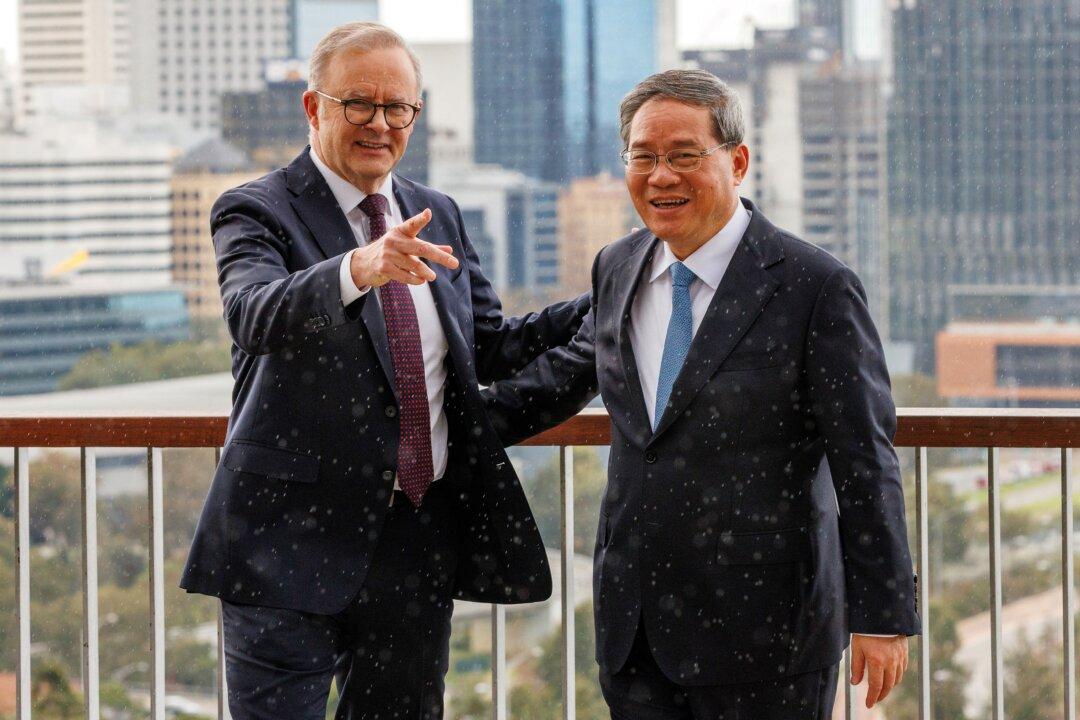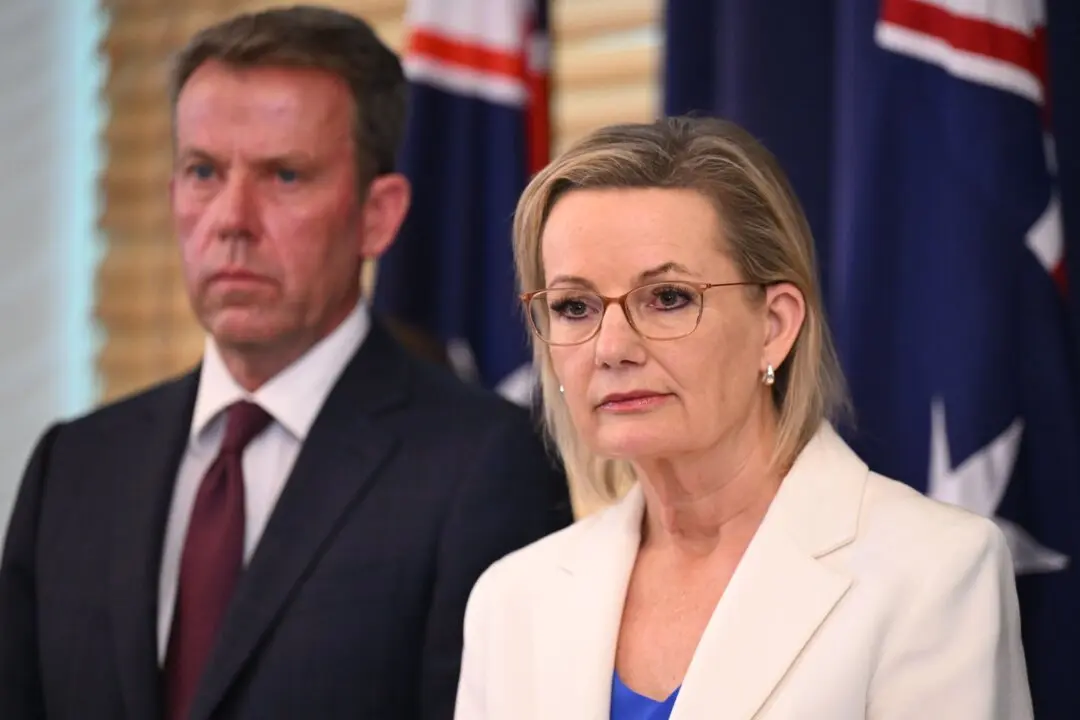BRISBANE, Australia—The recent high-profile visit by Chinese Communist Party (CCP) Premier Li Qiang to Australia aims to divide and conquer the major political parties, says a retired major general.
“The reason that Premier Li is here right now, is they’ve chosen to make a distinction from the Morrison government to the Labor [government],” said Major General Adam Findlay, now a professor at Griffith University.





